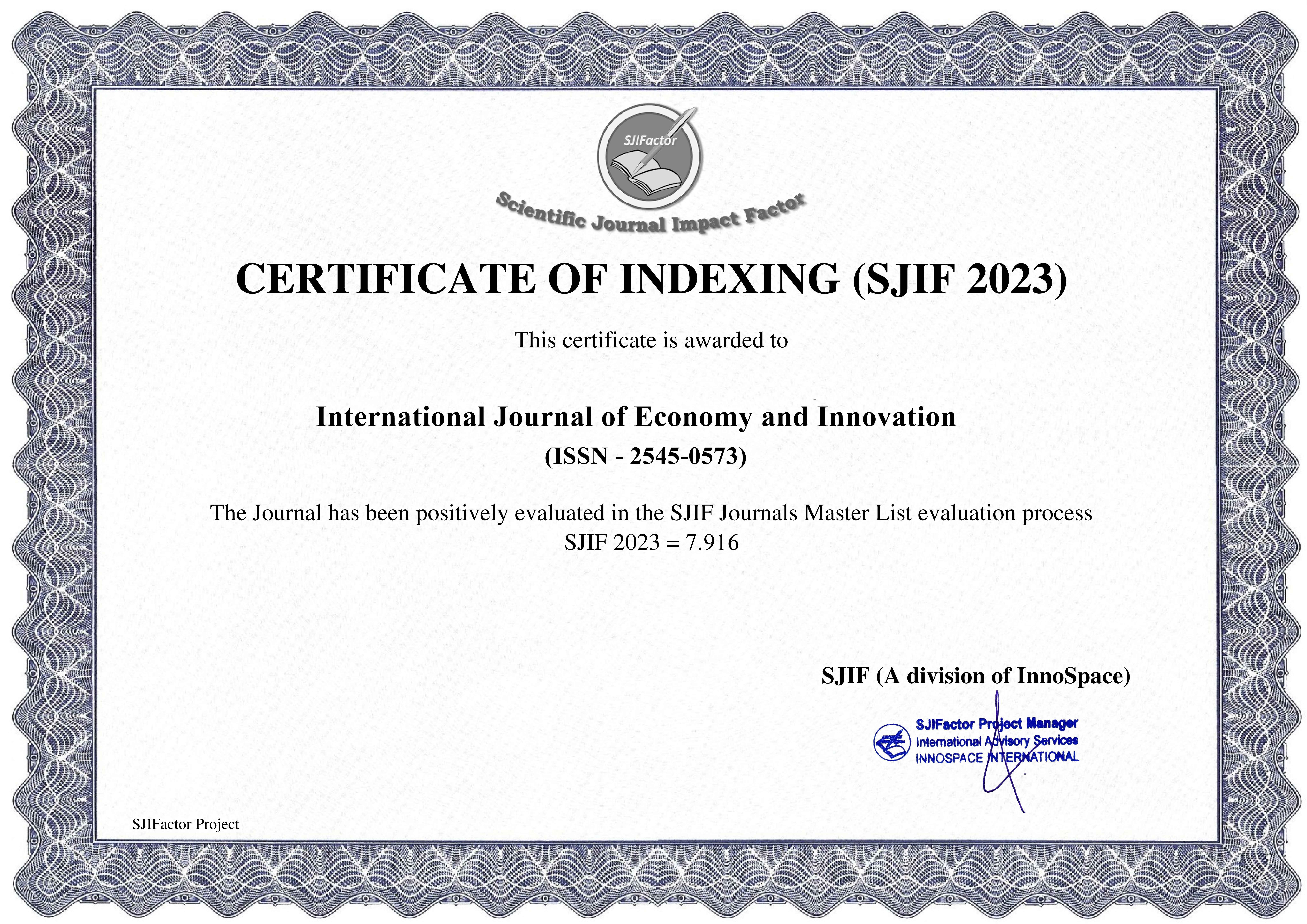Tourists’ Behavioural Pattern in the Consumption of Region-Specific Tangible and Intangible Cultural Heritage Resources in Nigeria
Keywords:
Historic sites, built environment, topography, food and drinks, handicraft, music and danceAbstract
This study focused on tourists’ behavioural pattern in the consumption of region-specific tangible and intangible cultural heritage resources in Nigeria. It addresses the extent to which demand for and the production of heritage tourism in Nigeria can be identified by categorization of cultural heritage consumers. The major objective is to define tourist’s behavioural consumption pattern of region-specific cultural heritage resources in terms of identified consumer category or market segment. Data set for the study was gathered through questionnaires structured on 5-point likert scale and yes or no response option. 4,750 respondents were analyzed using the simple descriptive analysis. factors found to influence consumption of cultural heritage resource in relation to other purchase during the event in order of importance include income; Religion; Culture/Cultural Practice; distance from urban center; Gender; Patriotism and Age. Result of the effect of other structures of the event authentic environment on behaviour are landscape (Historic sites, built environment, topography; food and drinks; handicraft; music and dance; and rituals. Result showed that consumption of region-specific cultural heritage resource is dynamic and vary between regions. Generally region-specific cultural heritage resource consumers are roaming cultrophiles. The study conclude that there is significant tourists’ consumption pattern of region specific tangible and intangible heritage in relation to the factors influencing cross-sectorial linkage and purchases.

















